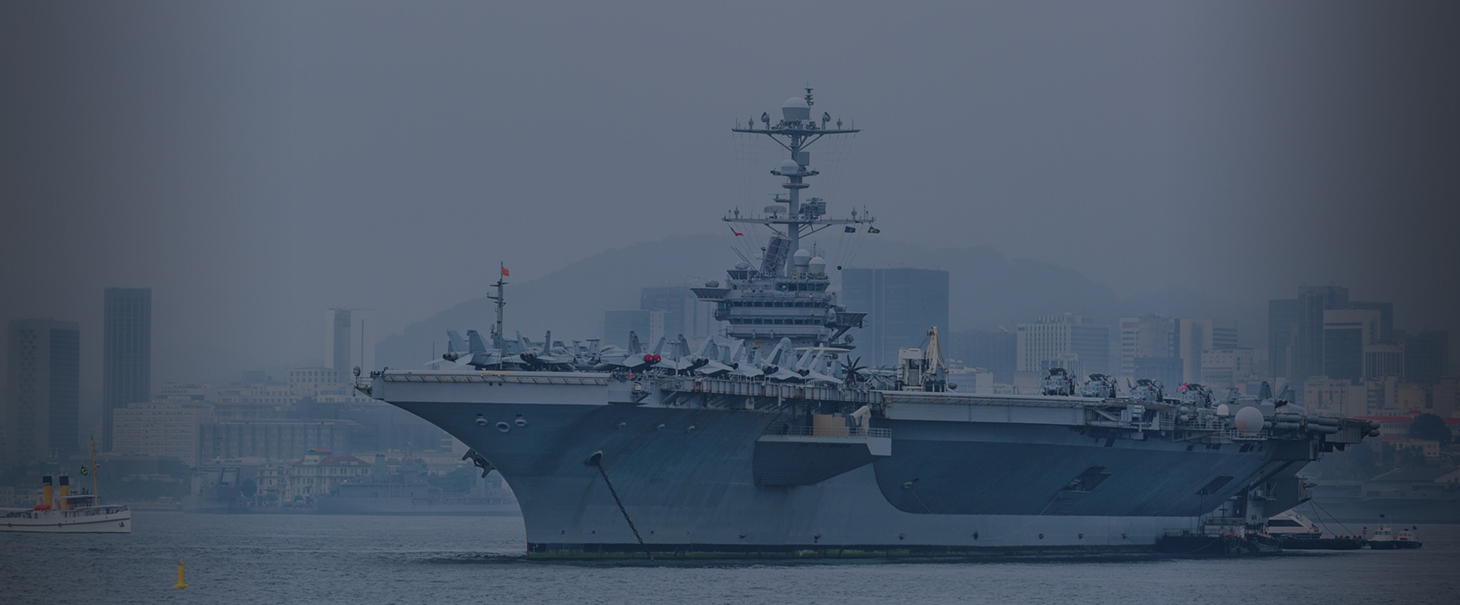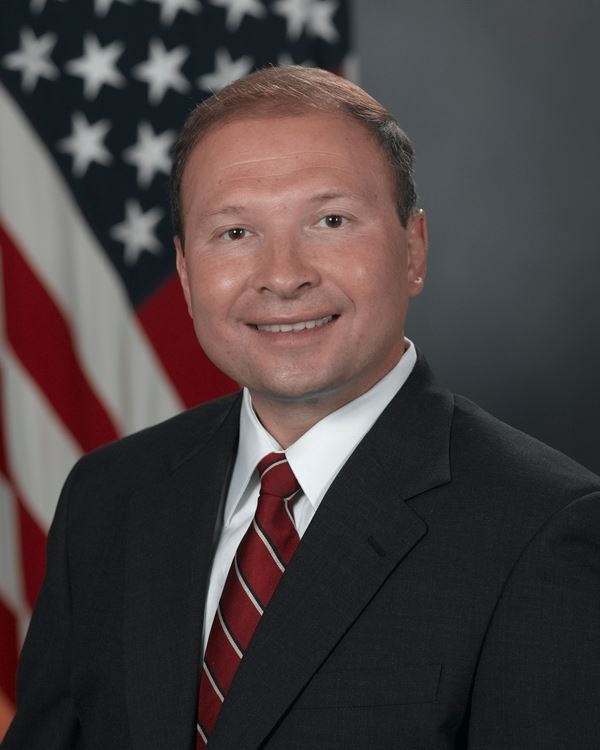Without firing a shot, Ecuador’s populist President Rafael Correa appears to be waging a stealth war on America. In recent weeks the Justice Department revealed Quito’s whopping $6.4 million foreign government lobbying contracts awarded to two public relations firms this year, raising important questions about what Correa is spending all that money to achieve. According to a report in the Washington Free Beacon, both U.S.-based PR firms, McSquared and Fitzgibbon Media failed to report the contracts to DoJ as required by the Foreign Agent Registration Act (FARA). Some inside-the-beltway national security observers may be familiar with Fitzgibbon – after all, it’s the same firm representing Wikileaks Founder Julian Assange. So what exactly is Correa trying to achieve? Though quieter than the Castro brothers in Havana, the late Hugo Chavez and now Nicolas Maduro in Caracas, Correa is equally committed to ridding Latin America of U.S. influence through his bully pulpit in Quito. Yet unlike his dictator pals known for directly confronting Washington, Correa has found more subtle ways to target our economic, diplomatic, military and political power since his election in 2006. Simultaneously, he’s courted American adversaries like Iran and Russia while embracing economic rival China with open arms. As a member of the anti-U.S. ALBA bloc along with Cuba, Venezuela, Nicaragua, Bolivia and a handful of Caribbean island nations, it’s not a surprise that Ecuador is trying to sap U.S. power in any and every way possible. What’s been surprising is Correa’s stealthy, yet effective anti-U.S. techniques. First, Ecuador slowly cut military ties. In 2009, Correa closed a U.S. Air Force forward operating location in the seaside town of Manta — despite its decade-long record of counter-narcotics operations responsible for 60% of drug seizures in the Eastern Pacific. Correa later quietly expelled all Defense Department personnel from the U.S. Embassy in Quito. Seems those pesky American military types were hindering Ecuador’s drug trafficking, which not surprisingly has been on the rise. Second, Correa has worked to undermine U.S. political legitimacy. In a 2013 interview with Russia TV, Correa compared “American Exceptionalism” to “Nazi’s rhetoric before and during World War II.” Even though he received his PhD in Economics from the University of Illinois, a most ungrateful Correa routinely laments “U.S. imperialism.” Third, Correa has used his judiciary to attack corporate America. He’s been pursuing Chevron for billions of dollars for a case it inherited from Texaco’s drilling in Ecuador’s Amazon basin from 1972 until the early 1990s. Though the litigation has bounced between New York and local Lago Agrio courts for two decades, in 2011 an Ecuadorian judge ruled against Chevron to the tune of $9.5 billion. The company isn’t paying, citing a 1998 settlement with Ecuador’s previous government, a $40 million clean-up by Texaco, plus joint venture responsibilities of the state-run oil company, Petroecuador. Correa continues to fight, and just last week hired former Congressman Bill Delahunt (D-Mass.) to help seize Chevron assets overseas. This is all despite a New York court citing rampant corruption in Ecuador’s legal proceedings, and shady public relations practices which reportedly involved hiring “extras” for public protests. Fourth, and most dangerously, Correa has courted Iran via bilateral accords and assisting Tehran’s regime reduce the sting of international sanctions over its nuclear program. In 2010, Ecuador was included on the Paris-based inter-governmental Financial Action Task Force (FATF) global list for money laundering — along with rogue states Iran and North Korea. And according to Iran’s Press TV, in 2013 Tehran’s Foreign Minister Ali Akbar Salehi said that “relations between Iran and Ecuador are at their highest level ever.” Iran followed up in May 2014 by sending a parliamentary delegation to Quito for discussions on increased cooperation in the energy and mining sectors. So the next time Americans hear Correa and his paid surrogates bashing the U.S. and instruments of national power, everyone ought to consider the source and see the big picture. Though largely flying under the radar in Washington, it seems likely that his regime is fully committed to a stealth war on America. Hugo Chavez would be proud.


 J.D. Gordon
J.D. Gordon